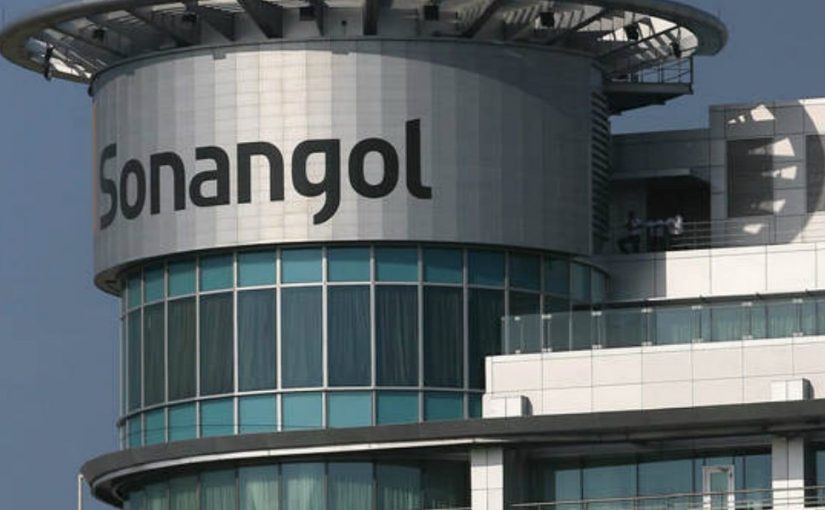Angola’s Sonangol Seeks $4.8 Billion to Complete Lobito Refinery Project
Angola’s state-owned oil giant Sonangol is seeking $4.8 billion in funding to bridge the financial gap in its ambitious $6.6 billion Lobito refinery project. The company has entered talks with Chinese and European banks to secure the needed capital, aiming to transform Angola into a net exporter of refined oil products.
Joaquim Kiteculo, CEO of Sonangol’s refining division, confirmed the ongoing discussions with financial institutions including the Industrial and Commercial Bank of China, Societe Generale, Standard Chartered, and Afreximbank. “We are confident the financing will be raised, and the refinery will go ahead,” Kiteculo told Reuters on the sidelines of an energy conference in Cape Town.
Construction of the 200,000-barrel-per-day refinery—set to be Angola’s largest—will begin next year in the port city of Lobito. The refinery, which includes a hydrocracker, has been dormant for nearly a decade but was revived in December 2023. Mechanical completion is targeted for the first half of 2027, with commercial production to follow shortly after.
Sonangol has already invested $950 million in the project’s initial phase, primarily in infrastructure such as roads and administrative buildings. China National Chemical Engineering Co. Ltd. is serving as the engineering and construction contractor, while U.S.-based KBR provides technical consultancy.
Reports suggesting Nigerian billionaire Aliko Dangote’s involvement in the project were denied by Kiteculo. “Those reports are not true,” he said.
In addition to the Lobito development, Sonangol is partnering with Italy’s Eni to upgrade its Luanda refinery, expected to boost capacity from 65,000 to 120,000 barrels per day by 2028. The collaboration also includes plans for a biorefinery to produce sustainable aviation fuel.
“We are sure we are going to become one of the major exporters to Africa, including South Africa which is a big consumer market,” Kiteculo added, underlining the strategic significance of Angola’s refining push.
Source: Reuters



